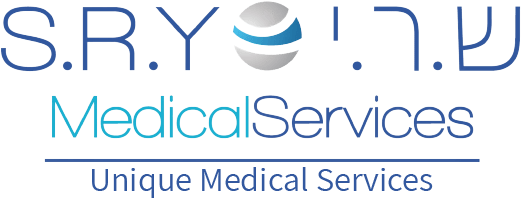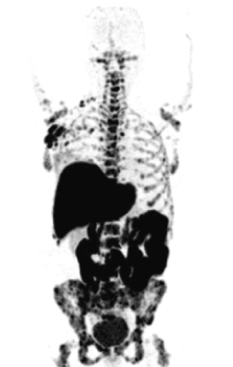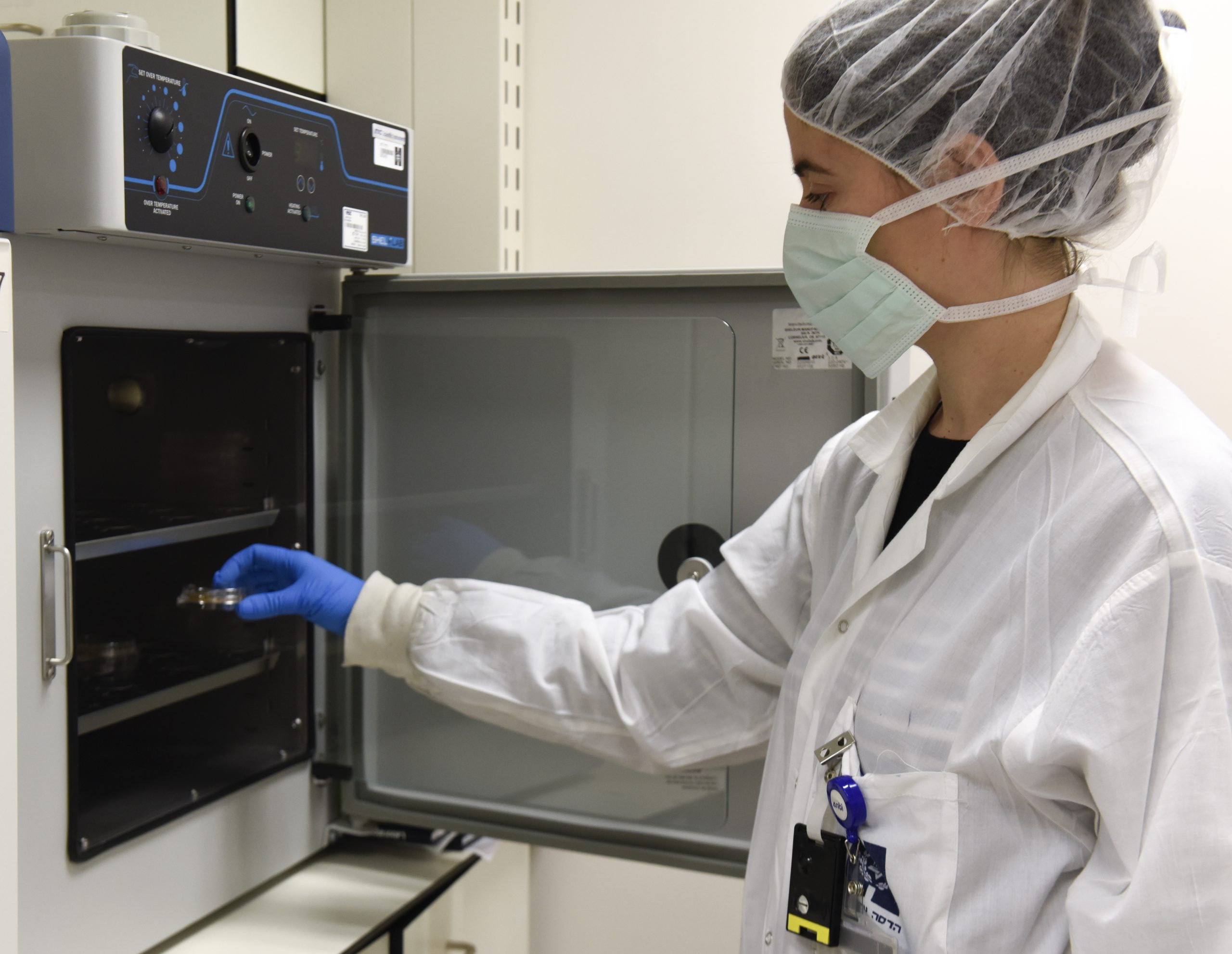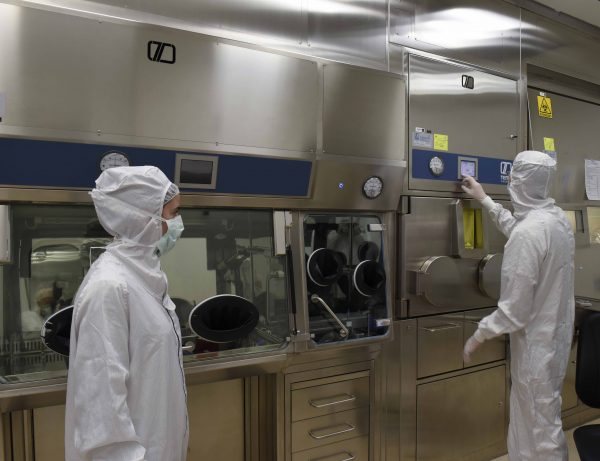For the first time: Brain imaging will identify the protein associated with the risk of suffering from the disease. The test is performed at Hadassah Jerusalem.
For the first time in Israel: A simple, non-invasive brain imaging test will identify the risk of developing Alzheimer’s disease. The test can detect the protein associated with the risk of developing the disease and therefore may help diagnose it in advance, or in its early stages – something that has not been possible until now.
The test is primarily relevant for those with a family history of the disease or who suspect its presence, and it can help tailor treatment to prevent and slow its progression.
It is recommended for people aged 45 and above, but can be performed at any age. Today, the test is available in some Western European countries, and now for the first time in Israel, it is being performed at Hadassah Medical Center in Jerusalem. Several individual tests have already been conducted so far.
Prof. Eyal Mishani, Head of Research and Development Division at Hadassah Medical Center, explained: “The imaging is done by injection of a radioactive material that is safe, followed by a brain scan using a PET CT machine. This allows us to identify the amount of protein that if present, indicates the development of Alzheimer’s. Understanding the relation between this protein and the disease can also help develop drugs to stop Alzheimer’s.”
Dr. Dana Ekstein, Head of the Neurology Department, emphasizes that the test is recommended after consultation with a neurologist, who based on the test results can recommend tailored treatment that may delay disease progression. It is possible to assess whether the dementia originates from Alzheimer’s disease or is due to another condition.
Original article: https://www.ynet.co.il/articles/0,7340,L-5563190,00.html




